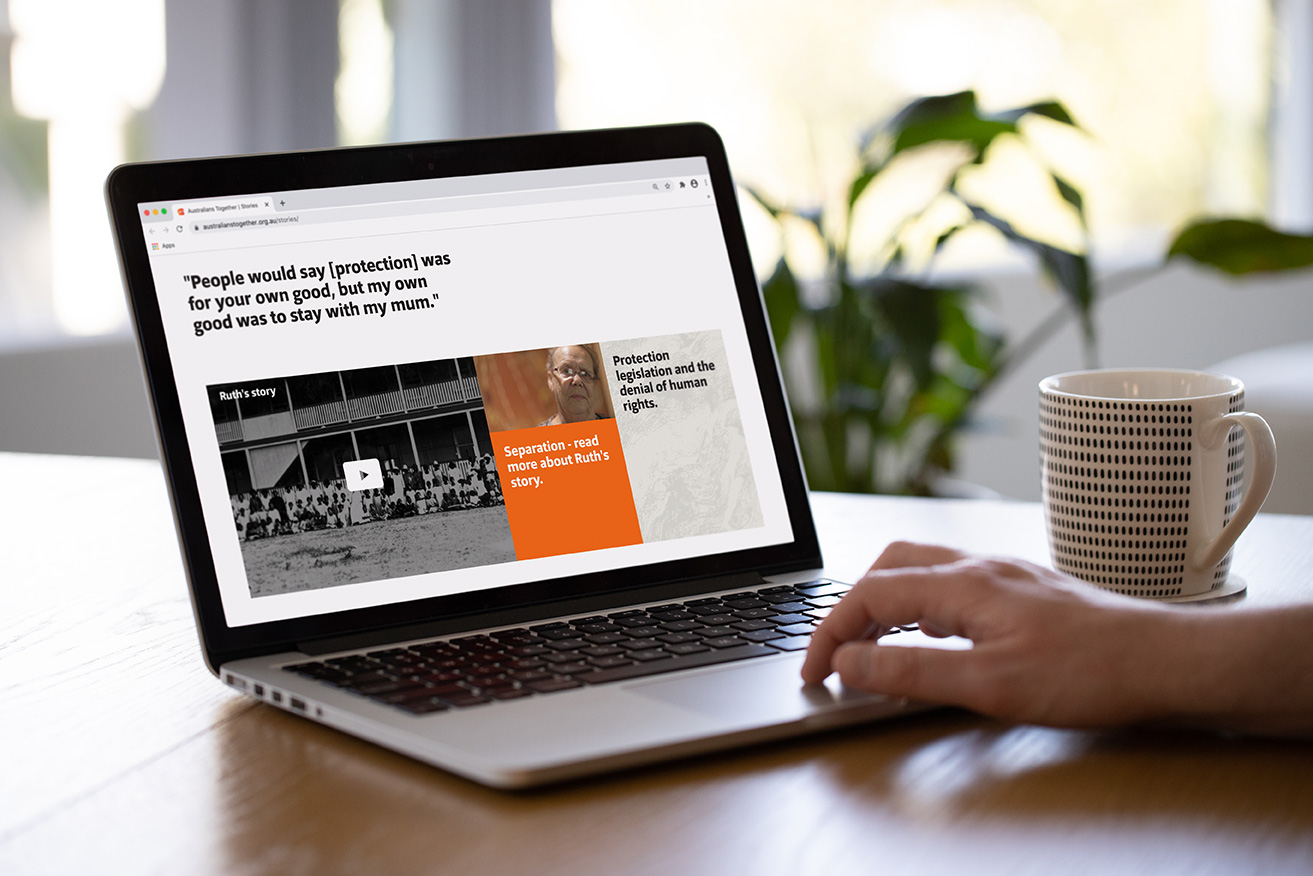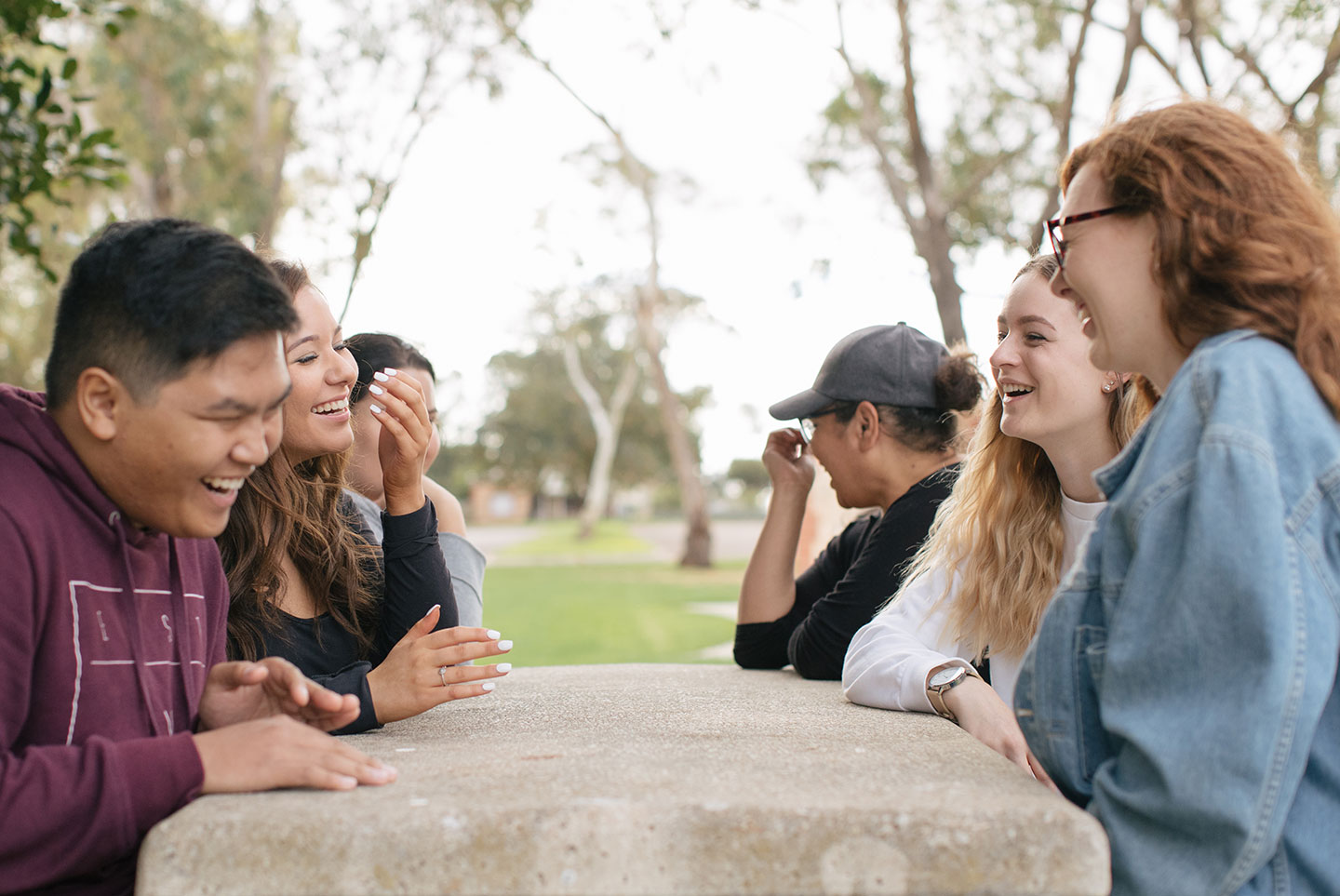In 2009, Lyndal Walker left behind her city life and moved to the Northern Territory to walk alongside Indigenous people of the Top End. We talked with Lyndal about her journey so far; a journey of listening and learning, praying and advocating, volunteering and vocation change. At its heart, this is a story about relationship.
“Learn about the situation in Australia, listen to Indigenous people and examine your own attitudes.” - Lyndal Walker.
What have you been doing over the past few years?
I left Melbourne in 2009 to take up a position as a chaplain at Woolaning Homeland Christian College (WHCC), a school for Indigenous youth from remote communities in the NT. This led me to begin a Masters in Education.
In 2013 I also helped start a not-for-profit organisation called ‘Northern Tribes’. We run monthly gatherings for Indigenous Christians to come together for a time of worship, prayer and encouragement.
Most recently I joined Youth for Christ Australia (Northern Territory). My role involves organising prayer gatherings and outreaches, and visiting the Juvenile Detention Centre to build relationship and disciple young people there.
Where did your journey start?
I grew up in Wodonga, Victoria, and moved to Melbourne to study when I was 17. At that stage, I didn’t know much about Aboriginal people. I guess I was like most people and only saw fairly negative images on TV.
As a young adult, I remember driving into an Aboriginal area in Mildura that had a reputation for violence, so I was probably afraid of Aboriginal people if anything. I laugh at that now because I feel more comfortable approaching an Aboriginal person than anyone else. To be honest though, I can’t remember thinking about Aboriginal people much at all; I thought more about injustices in places like Africa.
In the mid 2000s I was drawn on a journey with God inspired by His heart for the poor and marginalised. I spent time praying, reading the Word and talking to people. The Surrender conference in Melbourne and books like ‘Making Poverty Personal’ by Ash Barker and 'Fountain of Tears' by Brian Mills were significant in this journey. It was becoming more and more evident that God wanted me to walk alongside Indigenous Australians.
What did you do about it?
The first thing I did was begin connecting with and listening to Indigenous Christians. I connected with Anne Green, a friend in Melbourne and an amazing advocate for Indigenous Christian ministries, and we talked a lot. She then introduced me to Aunty Jean Phillips, an Indigenous Elder from Queensland.
I also learned more about Indigenous history and statistics. The more I found out, the more I grew angry about the situation in Australia. So I decided to do something.
Firstly Anne and I began a prayer group to pray for Indigenous Christian Leaders and the situation in Australia. Then, through my connections with Anne and Aunty Jean, I got involved in the ‘Make Indigenous Poverty History’ campaign and began advocating at events and churches.
What prompted you to change your vocation?
The simple answer is obedience to Jesus! It began with the thought 'if I am going to advocate for people then I want to be where they are'. I wasn't sure where to begin so I connected with Safina Stewart (an amazing Indigenous Artist), who at that time was teaching at the same school I had been teaching at. She had recently been on a school trip to WHCC. I organised a visit to WHCC in early 2007 and spent two weeks there volunteering.
I loved it so much that I went back later in the year to do a six week teaching stint. In the middle of 2007 God was making it clear to me that he wanted me to move to the Top End. This led me to apply for a part-time chaplaincy position at WHCC which commenced in 2009.
Although I had never done chaplaincy work before, as I prayed I felt the Lord saying ‘the job’s yours if you want it’. I did get the job and found myself having to depend completely on God as I figured out my new role.
What’s the key thing you’ve learned on this journey?
In the end, it all comes down to our heart. If we have genuine love and desire for relationship, then that’s the main thing. We are so entrenched in our own culture, it’s hard to see through the lens of another culture at times.
I’ve committed some embarrassing cultural ‘faux pas’, but each time it’s a learning experience and Aboriginal people have been so understanding and forgiving. If our heart is for God and for people, then many of our mistakes are insignificant, so long as we have the humility to admit them and to be restorative in our actions.
What are some of the good things that have happened?
It’s so exciting to see how God uses my Indigenous brothers and sisters so powerfully in the midst of really challenging environments. We constantly hear stories of miracles taking place through the prayers of our faith- filled brothers and sisters.
I also love developing relationships with so many Aboriginal young people - their openness to the gospel, the love they share so openly with me, and seeing them starting to move into the gifts God has given them.
And I get to live in one of the most amazing places in Australia. I love travelling throughout the Territory, seeing many different communities from the desert to the tropics, and getting to swim in the most beautiful waterholes in Australia at Litchfield National Park! Who can complain about that!
What have Indigenous people taught you personally?
Besides how to get pandanus leaves to make baskets...! One of the biggest things I’ve learned is perseverance under trial. It may be hard to believe but some of our Indigenous brothers and sisters in remote communities actually get persecuted for their beliefs. Recently friends of mine helped to assist a group of Christians who were being targeted (violence and destruction of property) leave the community for a period of respite.
Another thing I’ve learned about is simplicity in faith and life. I think this is something that the Western church especially needs to hear. Of course, many Christian people in remote communities don't have access to the myriads of resources that we have, both due to language and location. Yet their faith is so strong. They expect God to come through for them.
The supernatural is something to be embraced; it’s not common to hear in Australia of people praying for the extremely sick to be healed or for a dead person to be raised, yet this happens in our remote communities.
And simplicity in life...well put it this way...you'll never see an Aboriginal person in the Top End in a rush!
Why should non-Indigenous Australians care about the wellbeing of Indigenous Australians?
Middle class non-Indigenous Aussies are middle class because the wealth of this nation developed from the land we live on, land that was occupied long before the arrival of any Europeans. Many of the issues we see today regarding the wellbeing of Aboriginal people are essentially the result of occupation. So I believe we have a responsibility to walk alongside and support efforts to bring justice to Aboriginal and Torres Strait Islander people.
Also, we are missing out on a massive part of being Australian if we don’t engage with the First People of this land; they have much to teach us and we should be eager to listen. Besides, God calls us to have compassion and justice for the oppressed in this world. I’ve always loved this quote from Mother Theresa;
'I know you think you should make a trip to Calcutta, but I strongly advise you to save your airfare and spend it on the poor in your own country. It’s easy to love people far away. It’s not always easy to love those who live right next to us.’
What would you say to people who are being stirred by God to get alongside Aboriginal people?
Deal with any latent racism or misunderstandings; learn about the situation in Australia, listen to Indigenous people and examine your own attitudes. And know that it’s all about relationship!
Obviously the first and foremost relationship is that with God; Seek Him, and He will show you the steps to take. Ask God specific questions! Who should I connect with? One person’s name might come to mind, and if you pursue that one contact then they might open up a whole new world, just like my one connection with Safina. That initial contact opened up the Northern Territory to me!
Surrender fully to the purposes of Jesus in your life; the most important thing is to have a genuine open heart towards the Holy Spirit’s prompting.
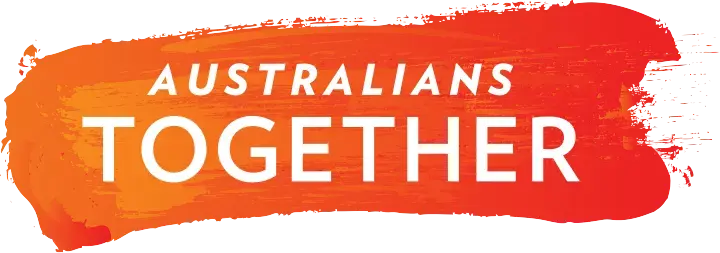
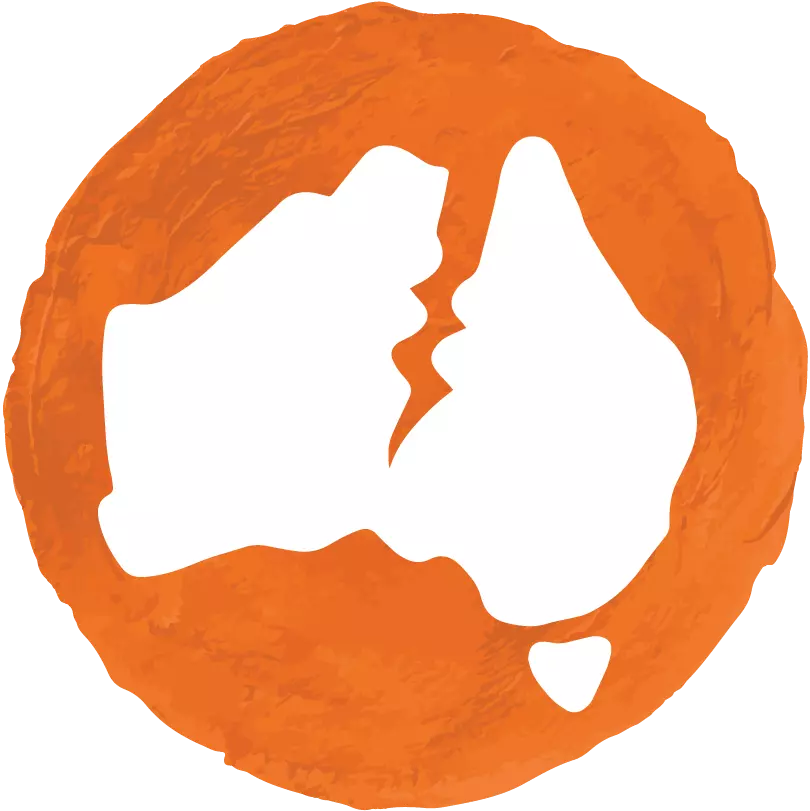 The Wound
The Wound
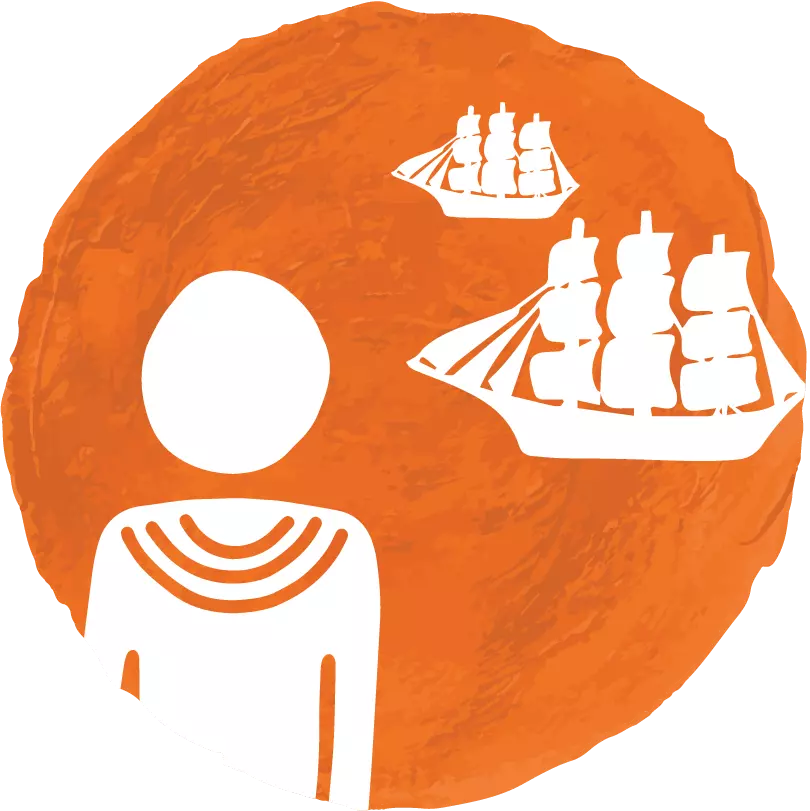 Our History
Our History
 Why Me?
Why Me?
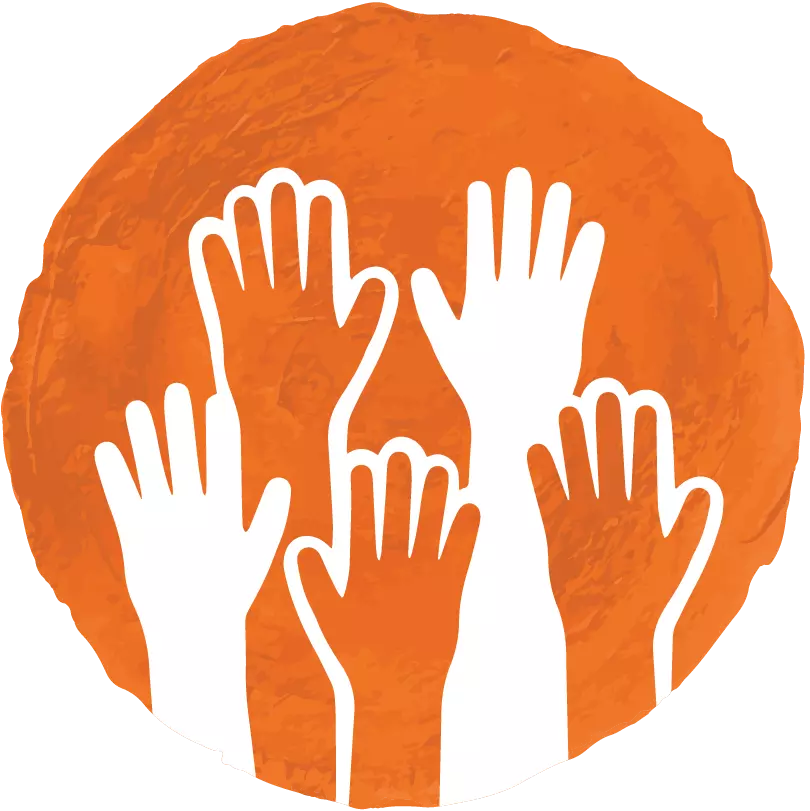 Our Cultures
Our Cultures
 My Response
My Response




